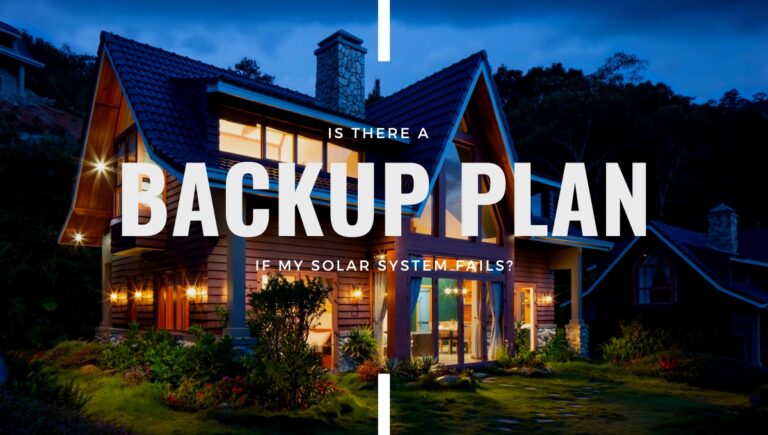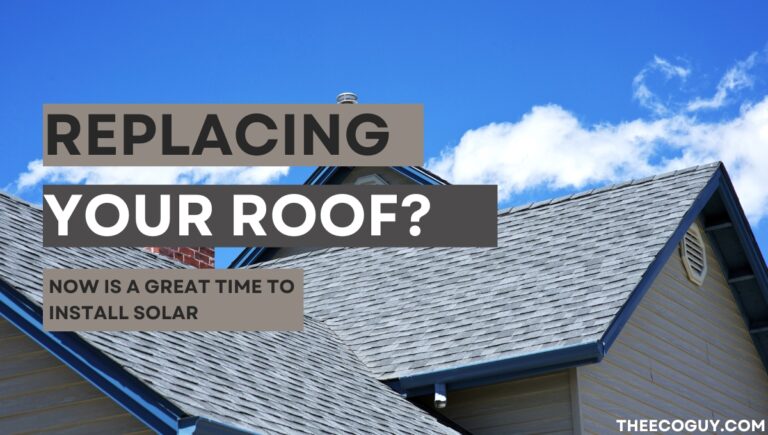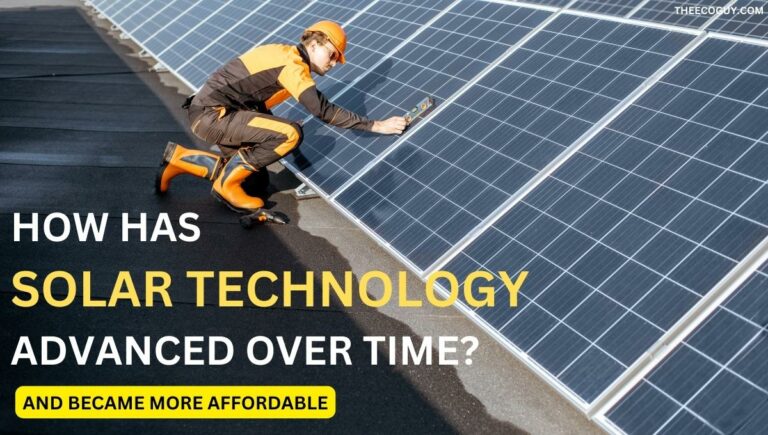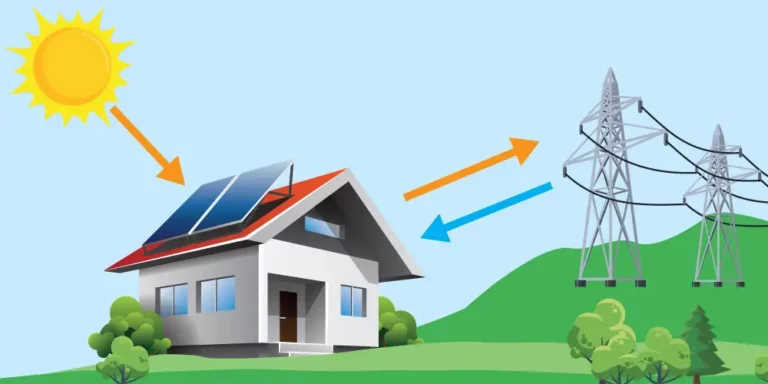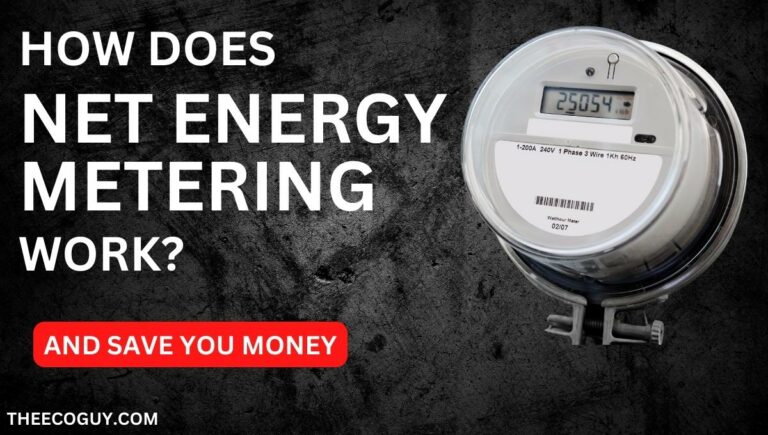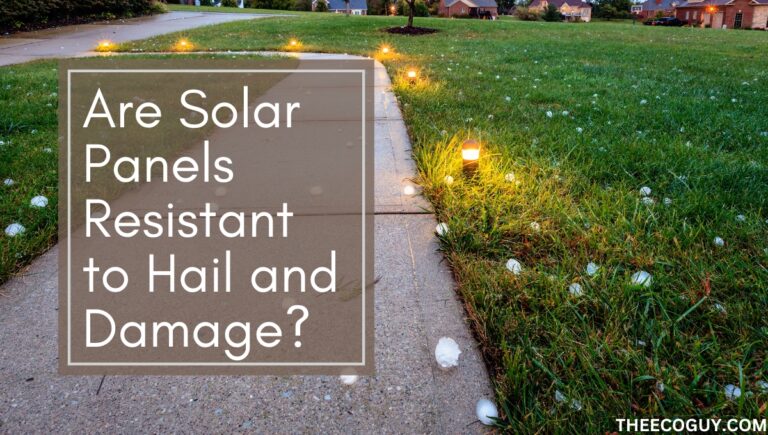How Durable Are Solar Panels During Hurricanes?
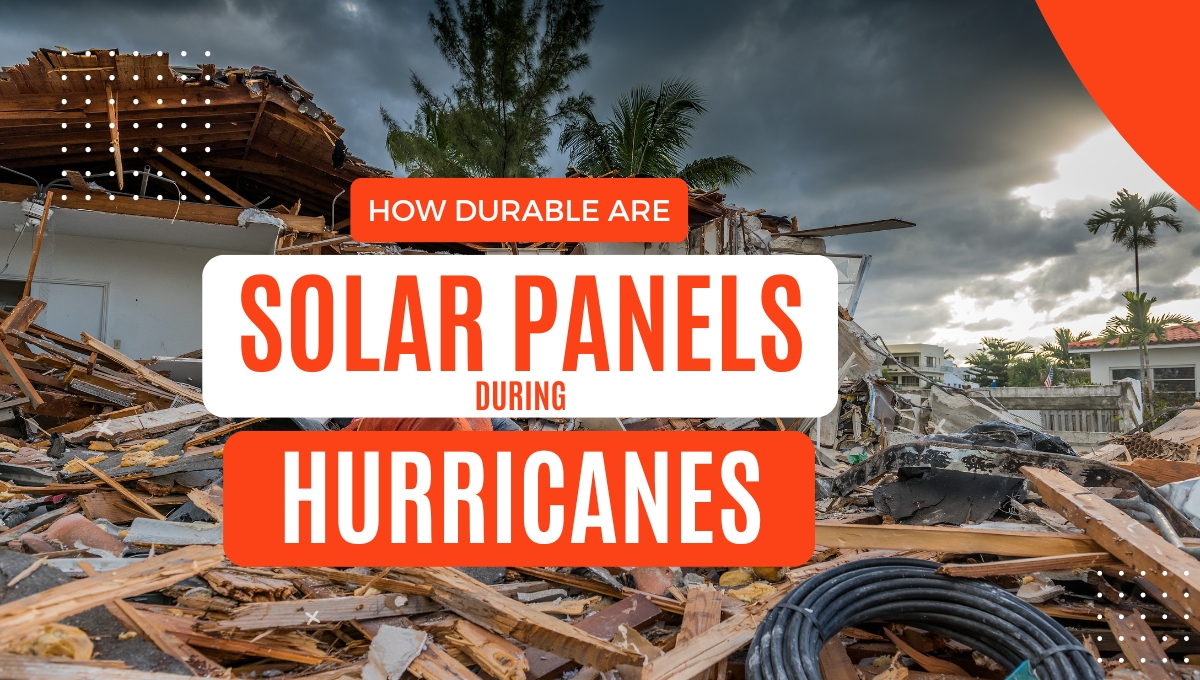
Do you live in an area with hurricanes? You may be wondering how durable solar panels are to withstand such conditions.
The good news is that solar panels can handle strong winds, heavy rain, and other extreme weather events, including hurricanes.
Most residential solar systems are built using durable materials, like tempered glass or polycrystalline silicon, making them resistant to high winds and other adverse conditions.
This article will explore the potential effects of hurricanes on solar panels, evaluate recent research on their durability, and suggest ways homeowners can protect their system from harm.
What Kind of Damage Can Hurricanes Inflict on Solar Panels?
Hurricanes can be devastating, and their effects on solar panels can have serious consequences. The wind force is one of the most damaging factors during a hurricane. High winds can tear away roof shingles, loosen fasteners that hold the panels in place, and even break or crack glass surfaces if the wind speed exceeds certain limits.
Hail is another destructive element to consider during a hurricane; it can cause significant damage to solar panel frames or shatter glass covers if large enough pieces strike them with enough force.
In addition, debris from nearby objects, such as trees or buildings, may also hit solar panels and cause physical damage.
What Are the Durability Ratings of Solar Panels?
The durability rating of a solar panel depends on its type. For example, monocrystalline and polycrystalline panels are usually rated to withstand wind speeds up to 100 mph, while thin-film solar cells are generally rated for winds up to 90 mph.
For comparison, the average wind speed of a Category 5 hurricane is around 157 mph. Although these panels are rated to handle a hurricane’s high winds, the debris and other elements associated with hurricanes may still cause physical damage.
It’s important to note that most solar panels are designed for on-roof installation; if your system is mounted on the ground, it may be even more susceptible to damage.
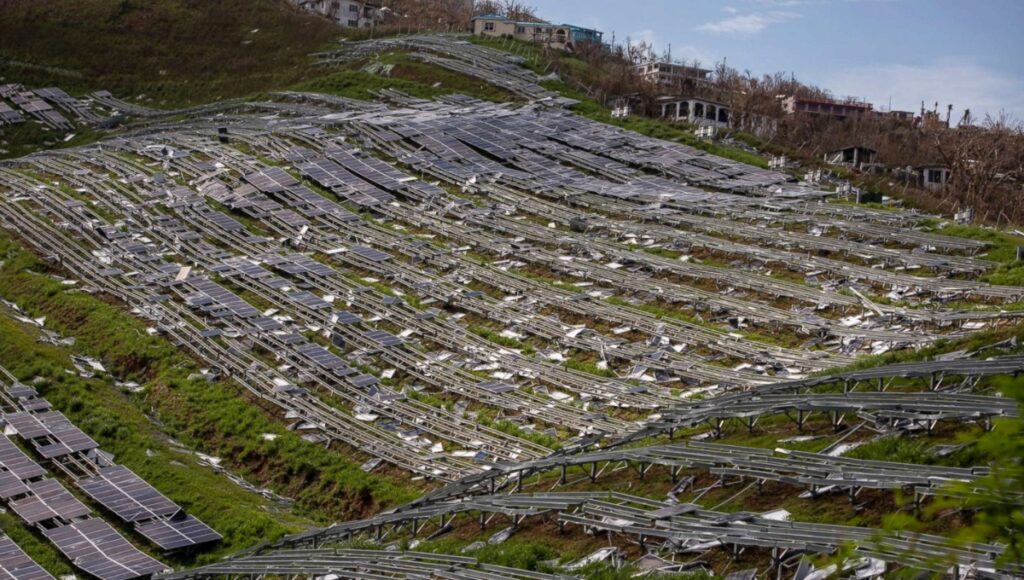
Are Solar Panels Able to Withstand Hurricanes?
Recent studies have shown that solar panels can withstand the extreme conditions of a hurricane. Tests on different solar panels have demonstrated their durability in high winds and heavy rain.
Solar panels have been proven durable in the face of high winds and heavy rain, but it is essential to remember that they are not indestructible. The debris and other elements associated with hurricanes can still cause physical damage to solar system components, even if the wind speed is within the panel’s rated limits.
When a hurricane is heading your way, it is essential to take the necessary precautions to protect your solar system. Ensure you secure any loose components and inspect the panels for damage before and after a hurricane.
How Can I Protect My Solar Panels During a Hurricane?
If you live in an area prone to hurricanes, there are several steps you can take to protect your solar system from harm.
First, check with your installer and make sure that the mounting hardware used for installation meets the suggested standards by the National Roofing Contractors Association.
Second, inspect your solar panels for any signs of damage before a hurricane and make sure all connections are secure. If you find any issues, it’s best to get them repaired or replaced before the storm arrives.
Finally, consider investing in a protective covering for your panels; some states, such as Florida and Texas, even offer insurance discounts for homeowners who install hurricane-resistant covers.
How Can Homeowners Prepare Their Solar Panels for an Incoming Hurricane?
A few ways homeowners can prepare for hurricanes include:
- First, have your solar panels inspected for any signs of damage ahead of time.
- Secure your mounting hardware with additional fasteners, if necessary.
- Install a protective covering on the solar system to protect it from high winds and hail.
- Ensure all wiring is secured correctly and insulated before the storm arrives.
- Inspect your solar panels before and after a hurricane.
- Finally, consider investing in a backup generator to power your solar system during an extended power outage.
What Kind of Testing Has Been Done to Measure the Durability of Solar Panels in a Hurricane?
To test the durability of solar panels during a hurricane, researchers at Florida State University conducted an experiment in which they exposed different types of solar cells to winds up to 140 mph. They found that monocrystalline and polycrystalline panels could withstand wind speeds up to 100 mph, while thin-film solar cells had an upper limit of 90 mph.
It’s important to note that these results don’t necessarily guarantee the safety of your solar system in a hurricane; the debris and other elements associated with hurricanes can still cause physical damage, regardless of how well-built your system is. Therefore, it is always best to take precautions and secure loose components to prepare for an incoming storm.
How Long Will My Solar Setup Last in a Major Storm?
Typically solar panels are designed to last for 25 years or more, but hurricanes can cause physical damage that could shorten this lifespan. To maximize the longevity of your system and ensure it is protected from major storms, it is essential to invest in a protective covering and have your solar panels inspected regularly for any signs of damage.
Are There Any Hurricane Proof Solar Panels on the Market?
No solar panels on the market have been specifically designed to be “hurricane-proof.” That being said, some companies offer hurricane-resistant glass or protective covers for their panels that can help protect against damage from high winds and hail.
Additionally, if you live in an area prone to hurricanes, investing in a backup generator is an excellent way to ensure that your solar system continues to power your home throughout an extended power outage.
Is It Possible for My Solar Setup to Remain Operational During a Hurricane?
Yes, a solar setup can remain operational during a hurricane. It is important to take precautionary measures such as securely fastening mounting hardware and installing protective covers and/or hurricane-resistant glass systems before and after major storms to detect any signs of damage.
If your house is interconnected to the grid, you will have electricity provided by your utility provider even if your solar system is offline.
Final Thoughts
Solar panels are incredibly durable in most cases but need extra care and protection during a hurricane.
To ensure that your system will remain operational during a major storm, it is essential to inspect your solar panels beforehand for any signs of damage, secure all mounting hardware with additional fasteners if necessary, and consider investing in a protective covering and a backup generator.
By taking the necessary precautions and investing in extra protection, you can ensure that your solar system will remain safe and secure during storms.

